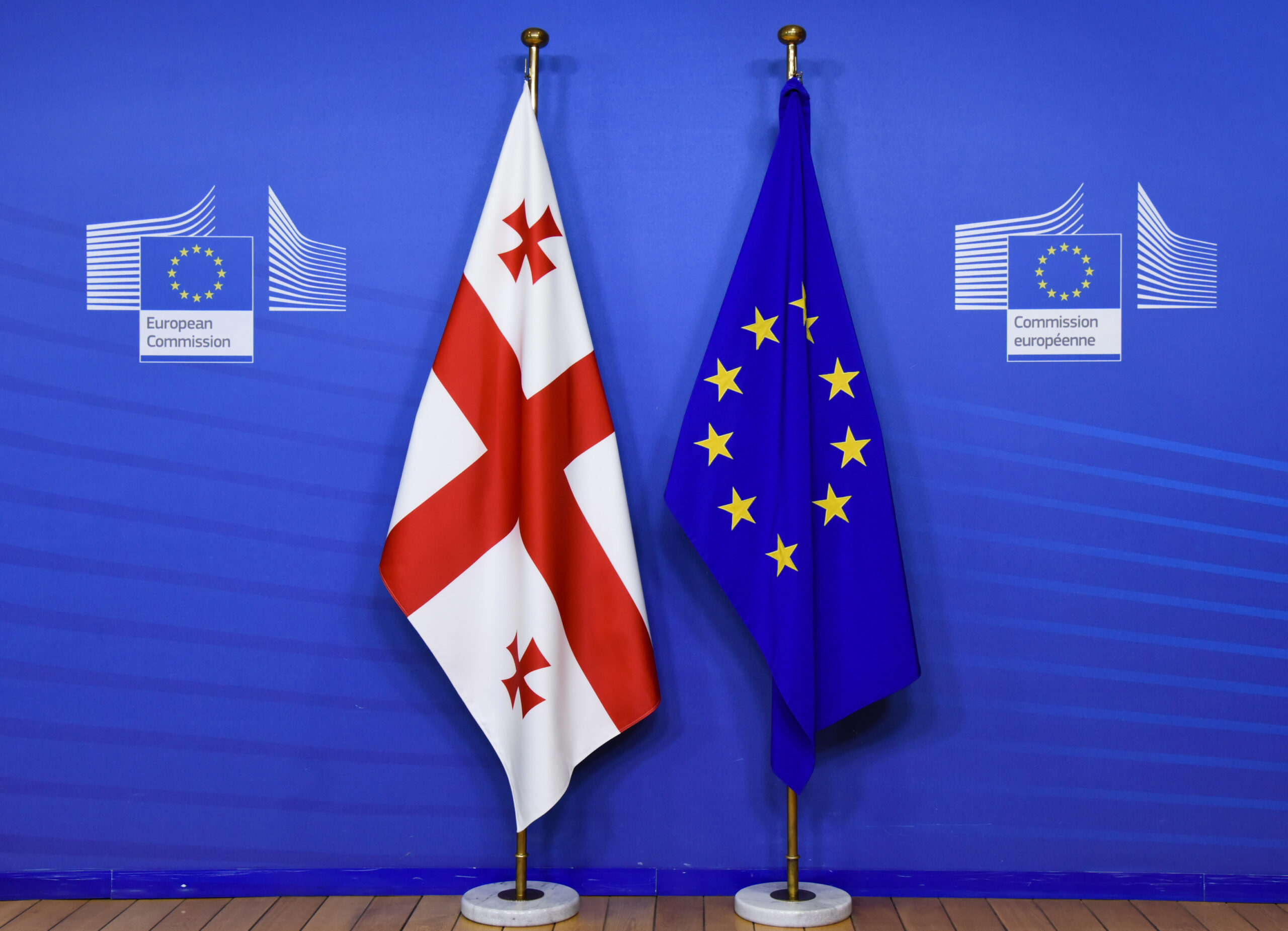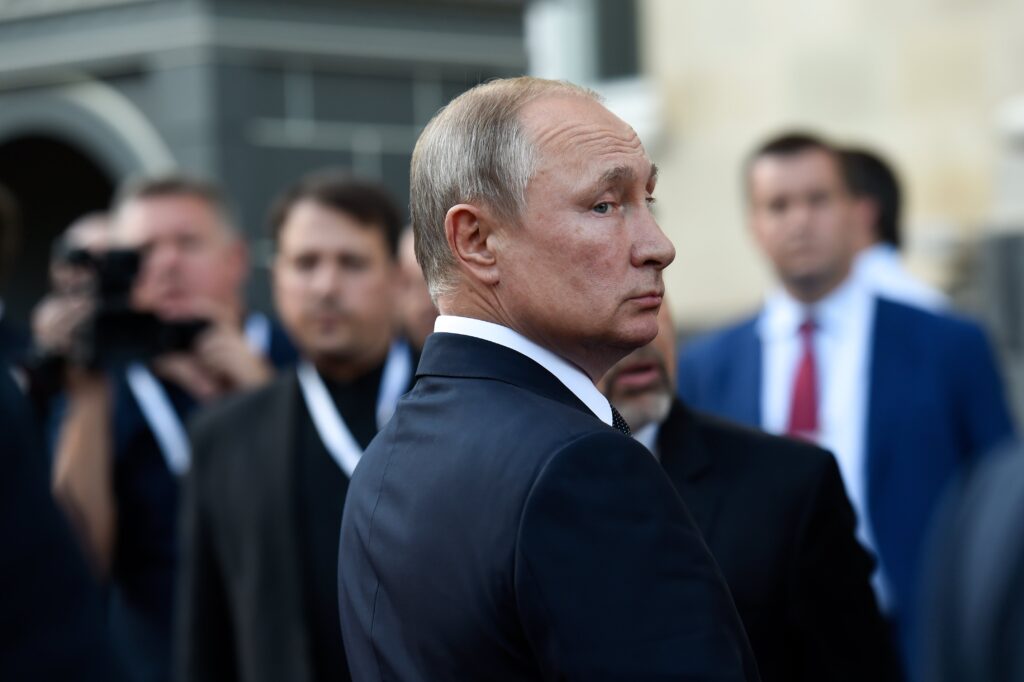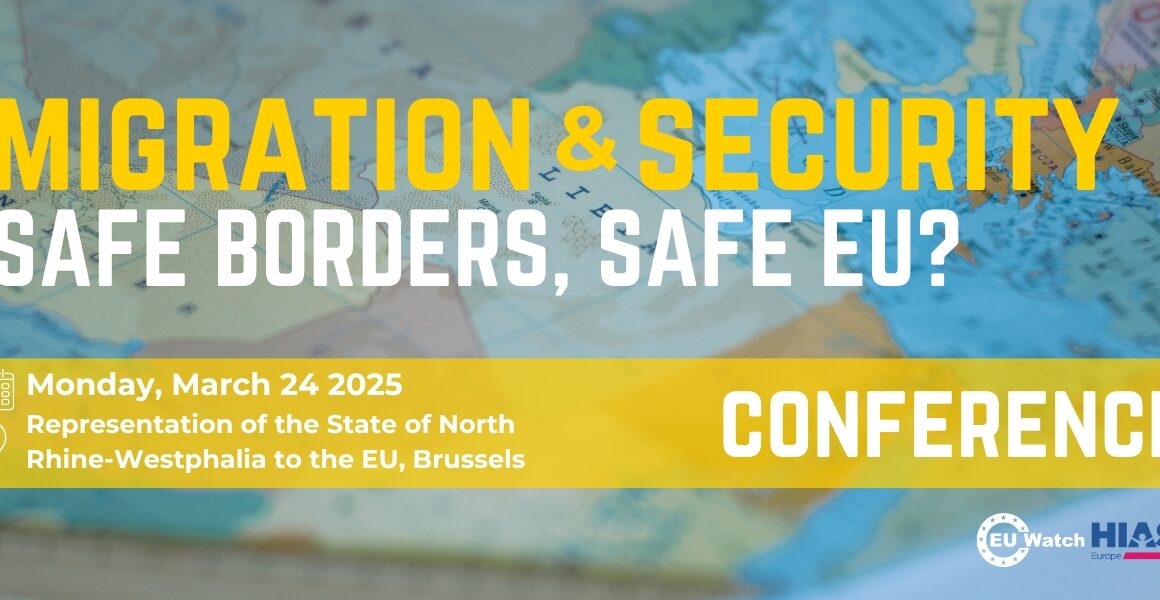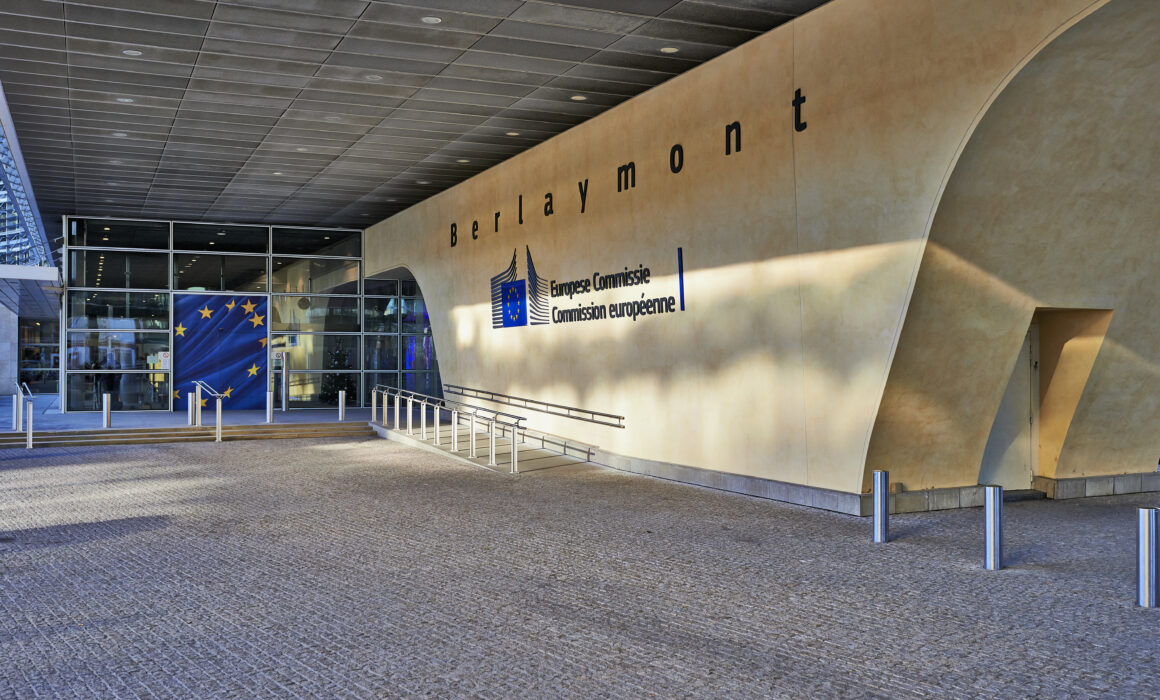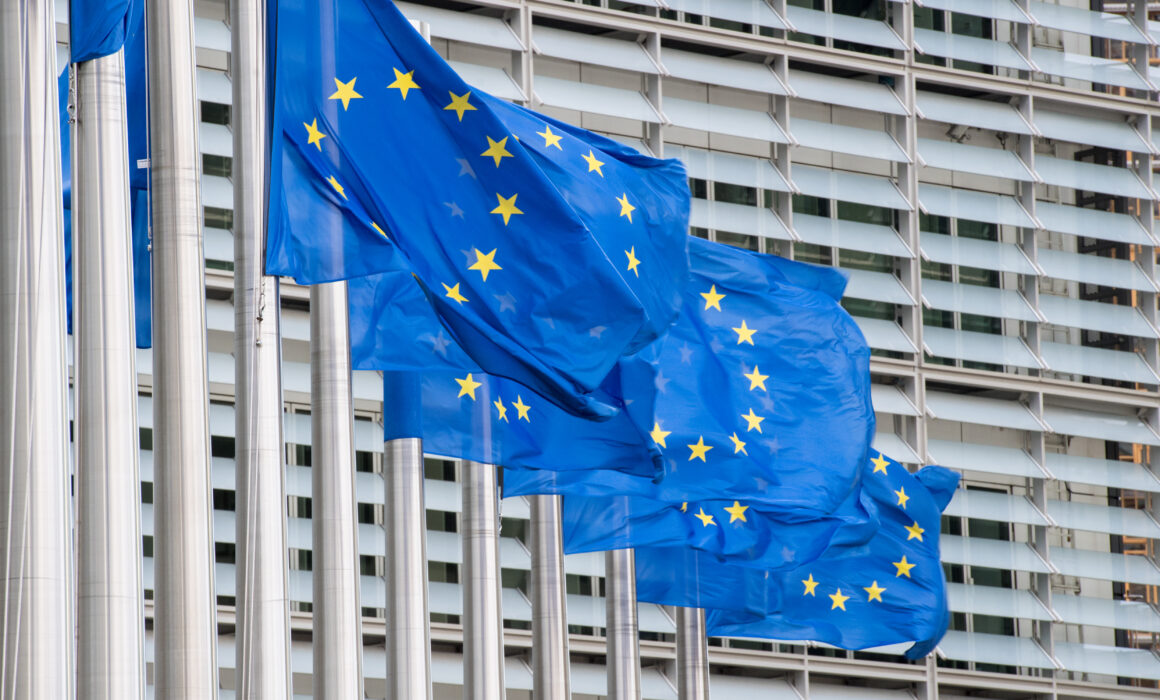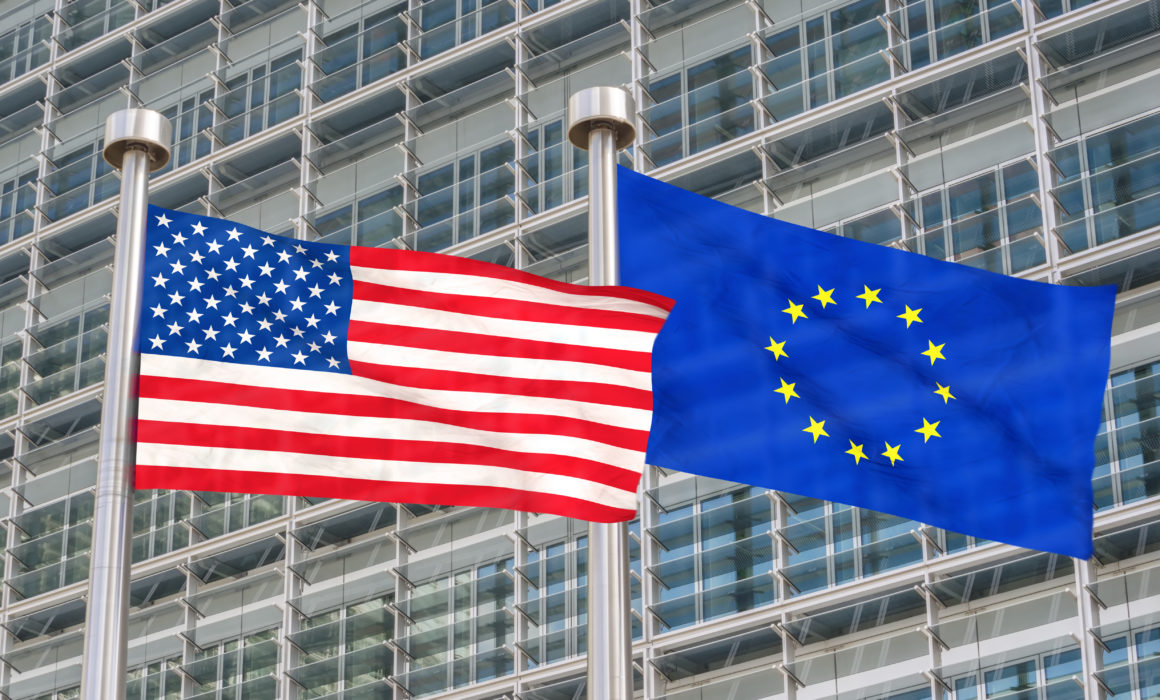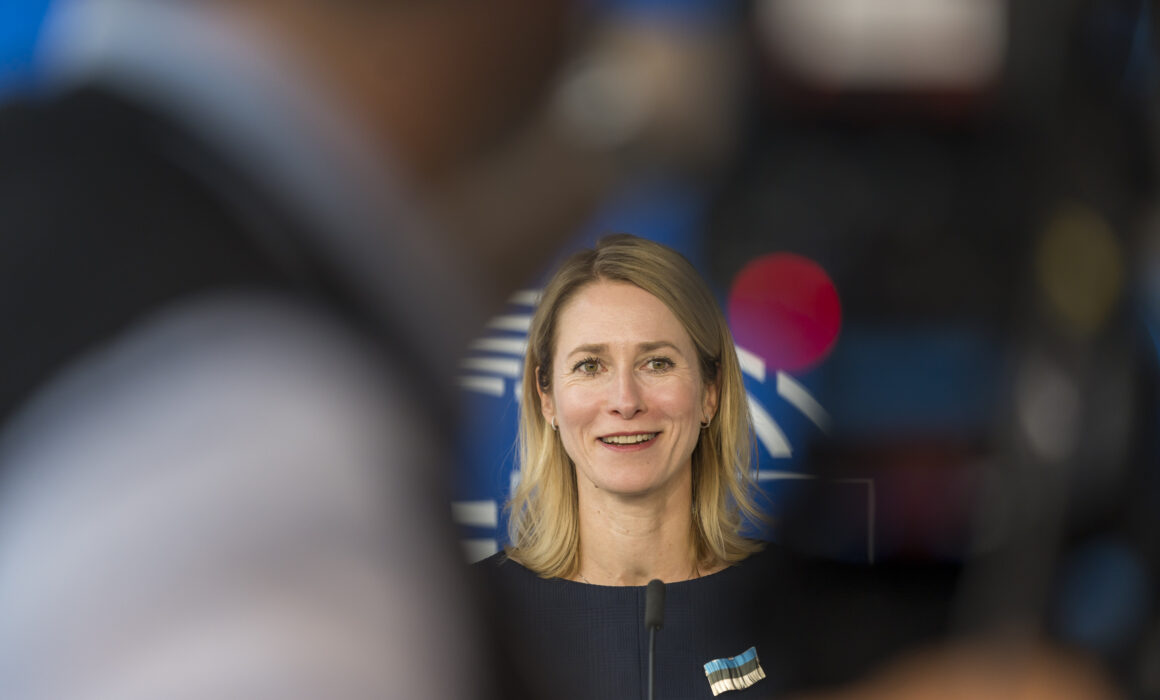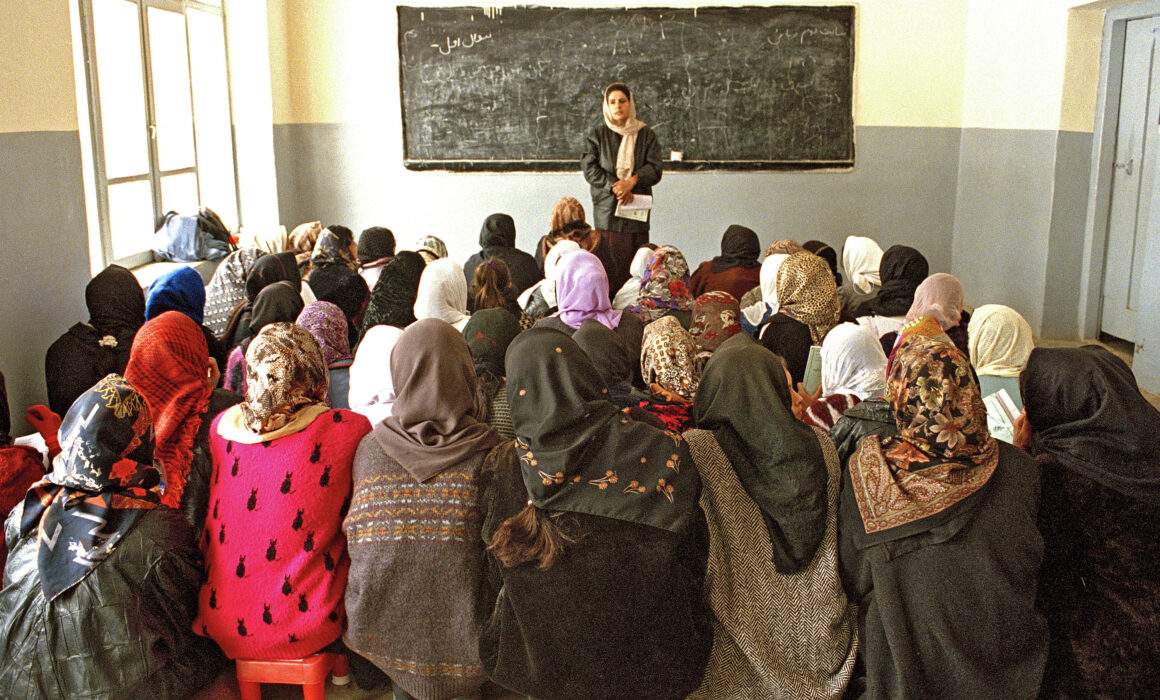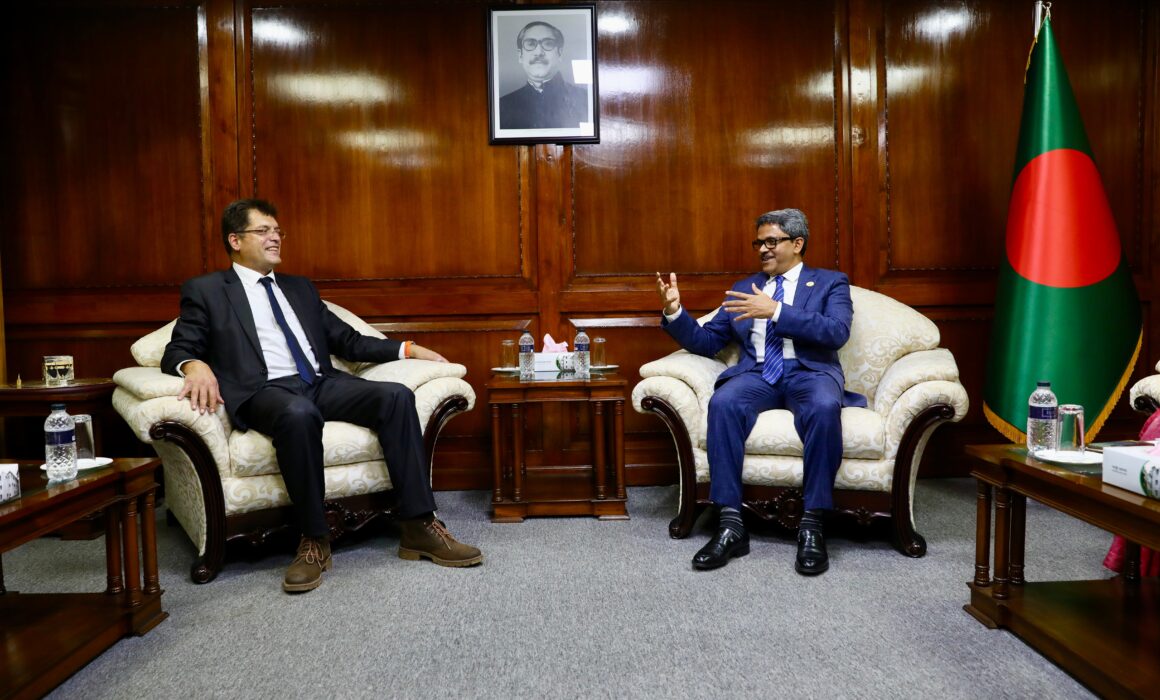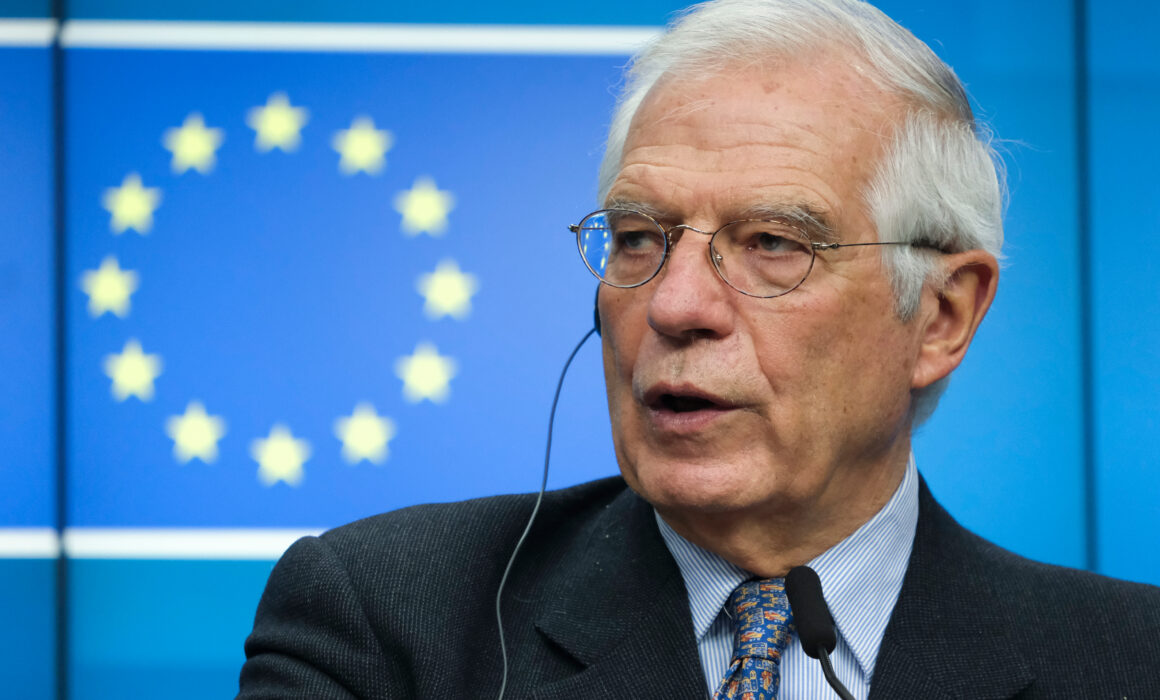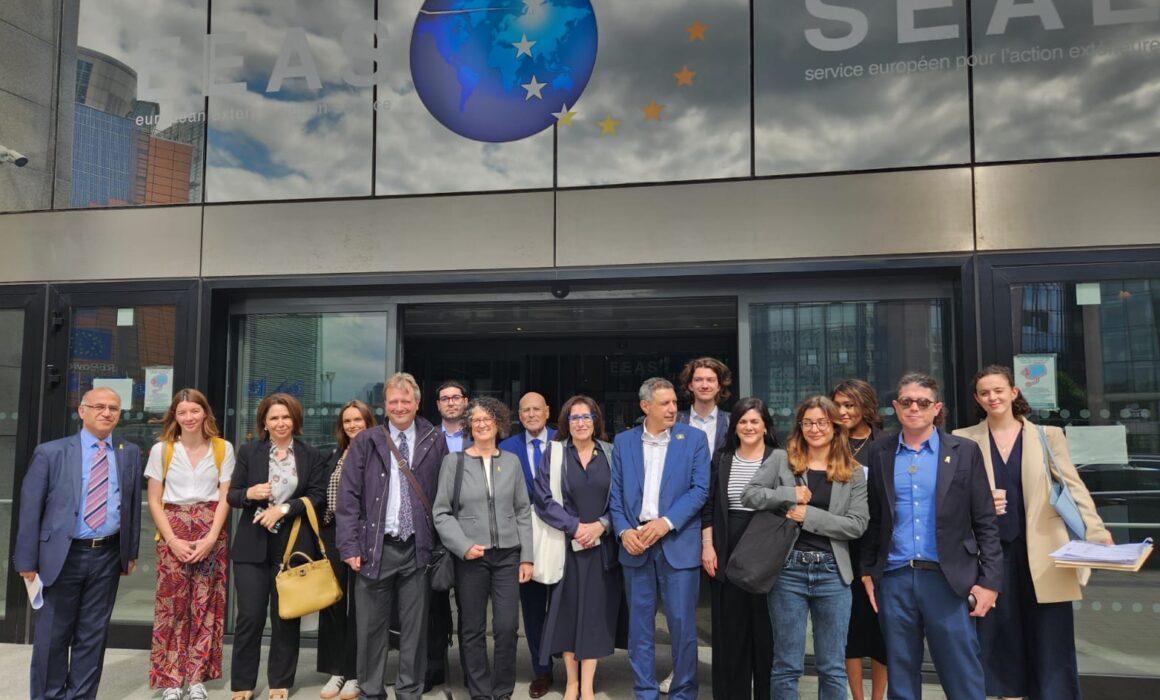For the conservative government, ruled by Prime Minister Irakli Kobakhidz, this law aims to “limit the LGBT propaganda spread by Western-backed NGOs as well as anti-stability, revolutionary movements”. While the law was welcomed by Russian leaders, many international leaders as well as opposition Georgian figures raised their voice against it.
President Salome Zourabichvili refused to sign the “Russian Law”, which would be against all European standards. However, her veto was overruled by a simple majority in the national Parliament on the 28th of May. Consequently, she encouraged citizens to take it to the streets.
Earlier, on April 15th, thousands of Georgians demonstrated in front of the Georgian Parliament. Ever since there have been around thirty-five thousand protesters on the streets every day. From April 15th to May 15th, around 360 people were arrested according to the Georgian Young Lawyers’ Association.
“The government is at war against people,” said Lacha Tkecheladze, a lawyer, in an interview with the French journal Le Monde. On the night of April 30th to May 1st, the state police attacked Levan Khabeishvili, the UNM (United National Movement) Chairman of the opposition party. He was severely injured, and beaten up by officers for 10-15 minutes. The next day, he addressed the Parliament, with a broken nose and bruises all over his face. “What you see on my body is [an image] of Russia, […] unfortunately, many children have woken up like this,” Khabeishvili said.
The main argument against the law is that it is inspired by a 2012 Russian law, implying Russian influence over the national government, as Russia already did in Kyrgyzstan. As such, there is a fear that this is just the first step towards a more authoritarian state in the shadows of Russia. Experts such as Egor Kouroptev, a member of the NGO Free Russia Foundation, explains that the Georgian government did not even have any reason to do that, especially before the October elections

